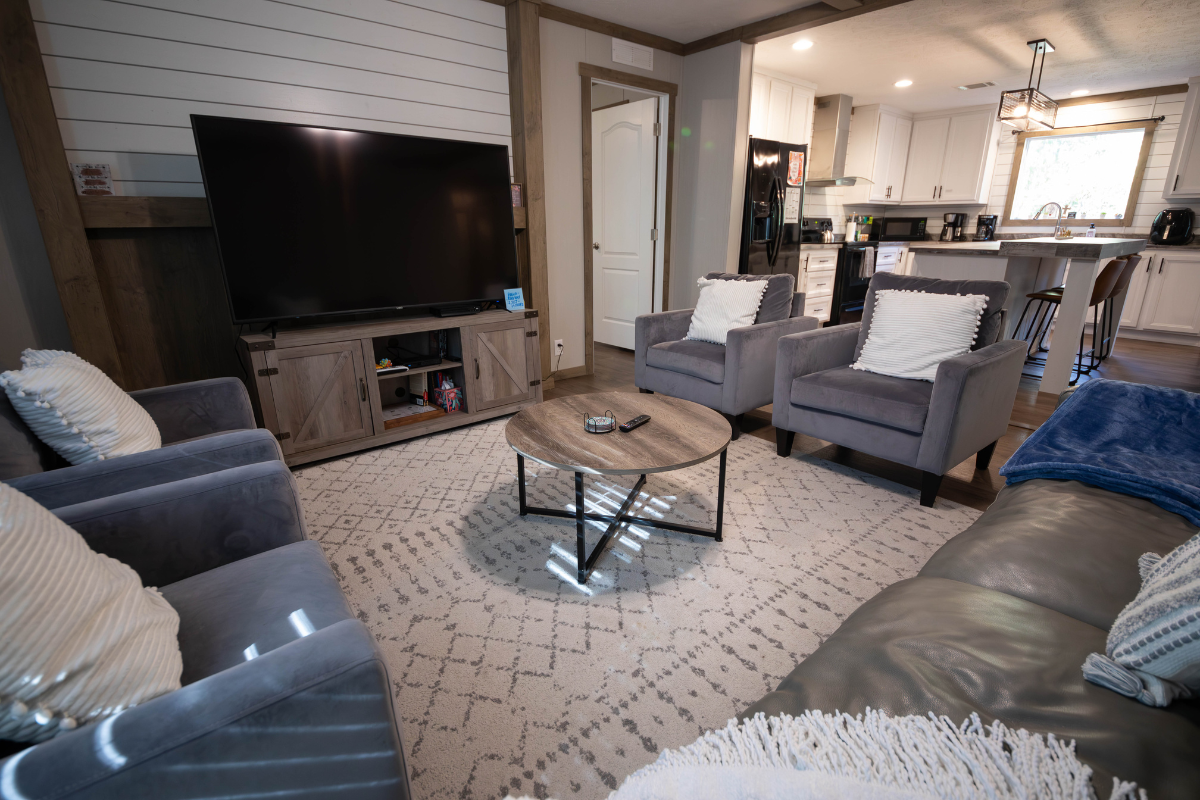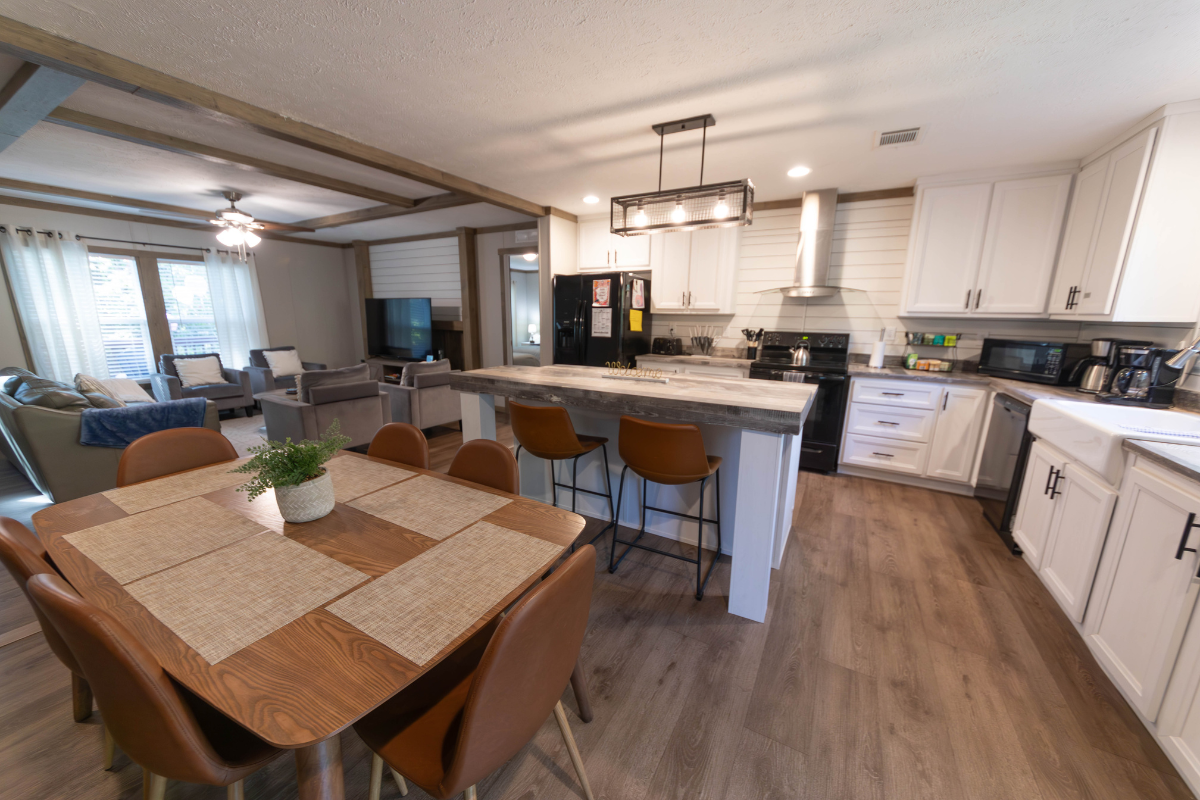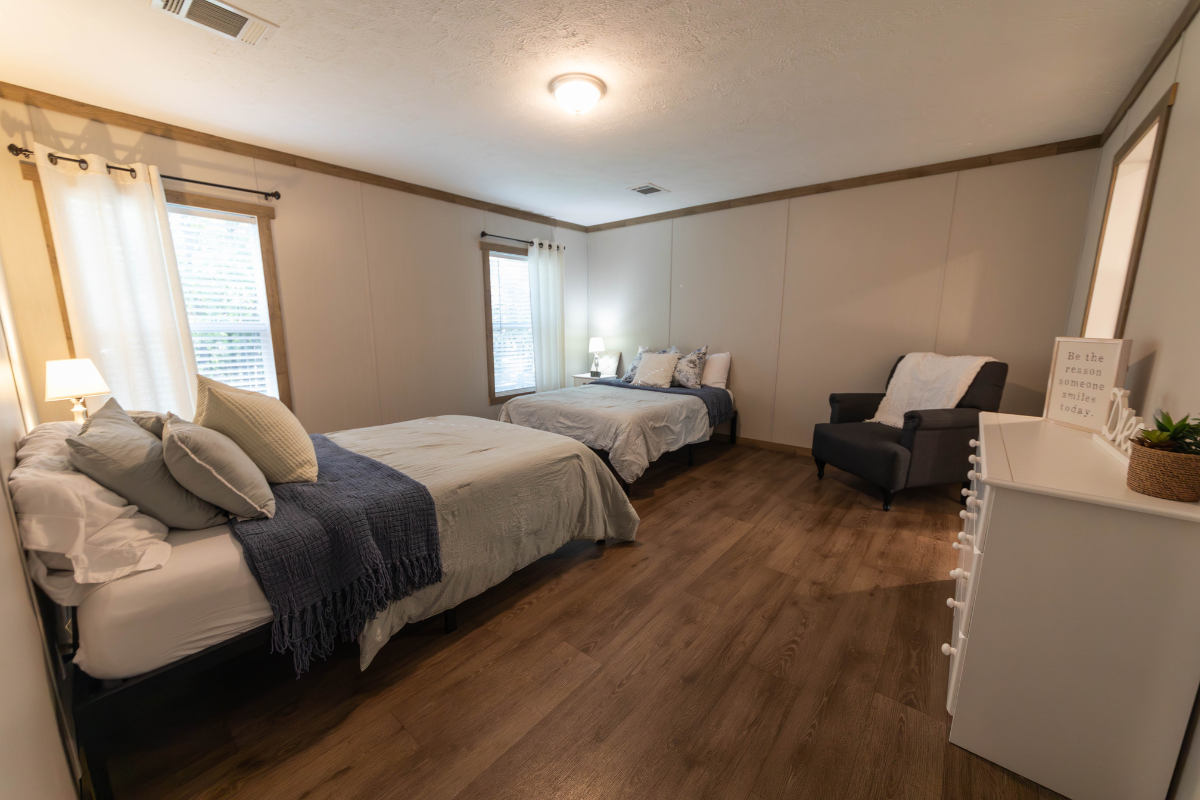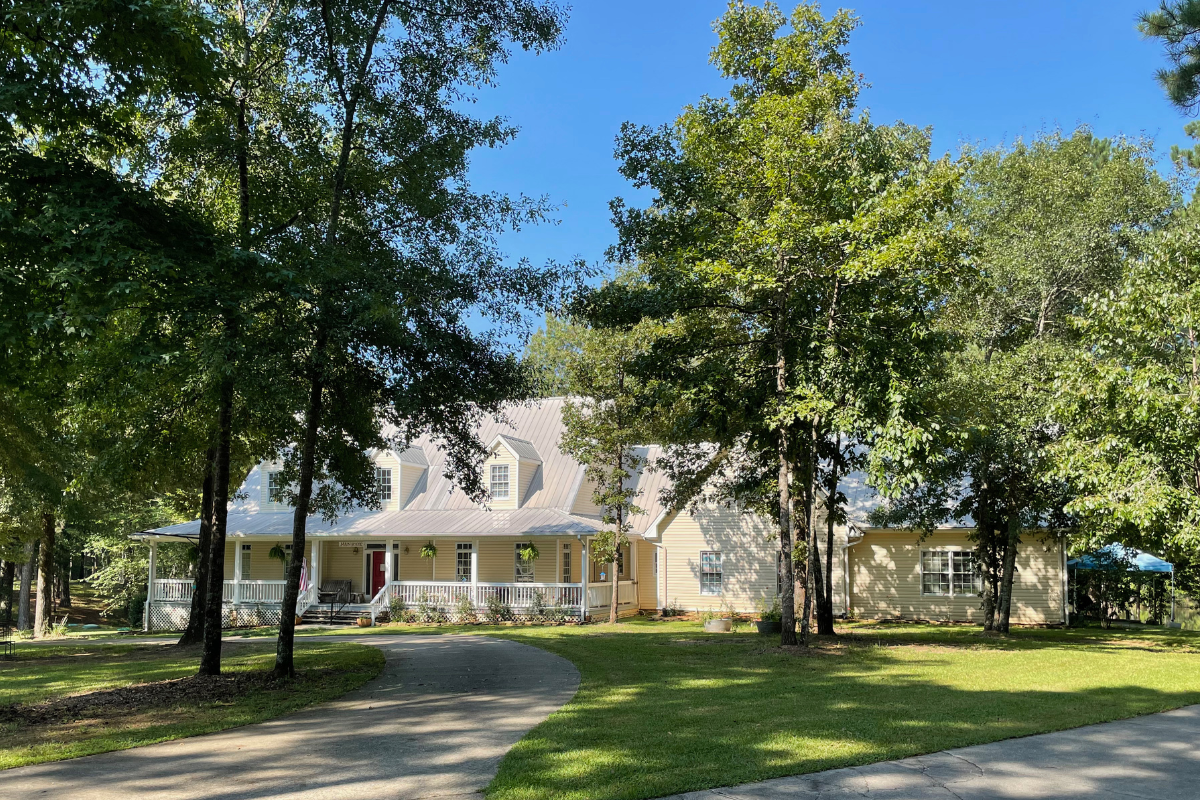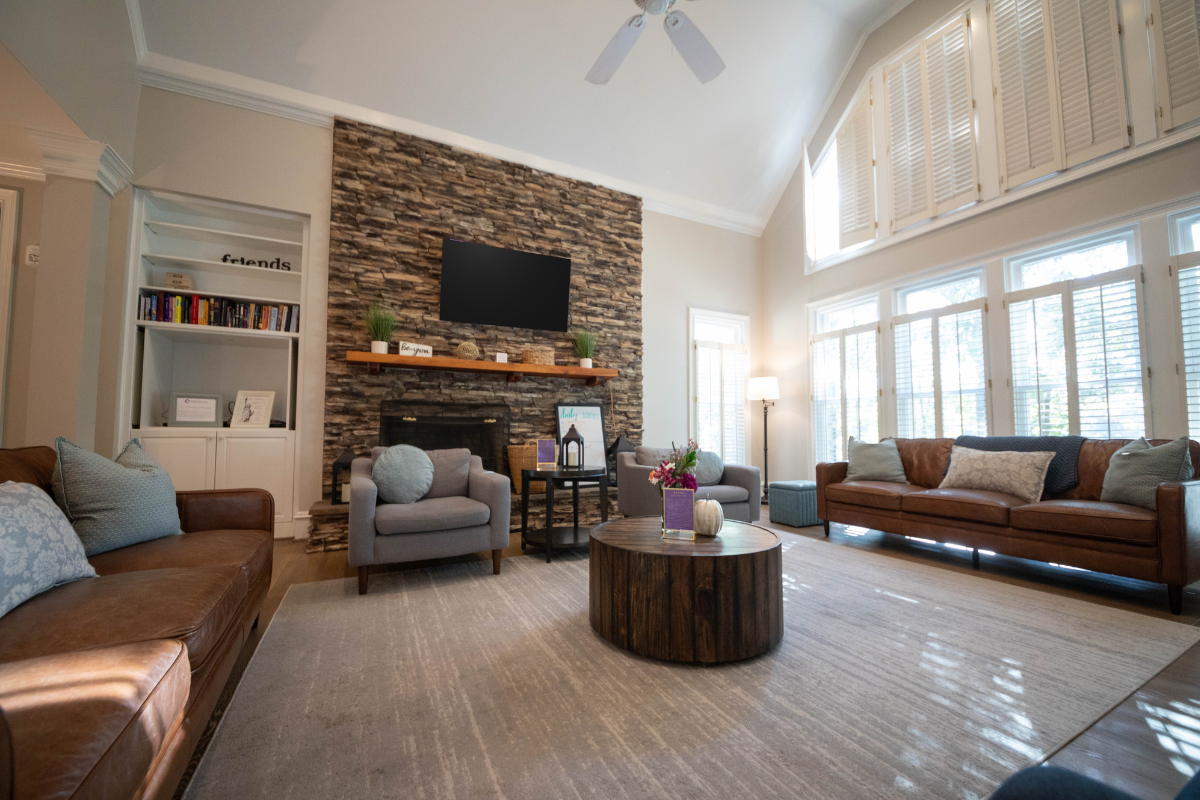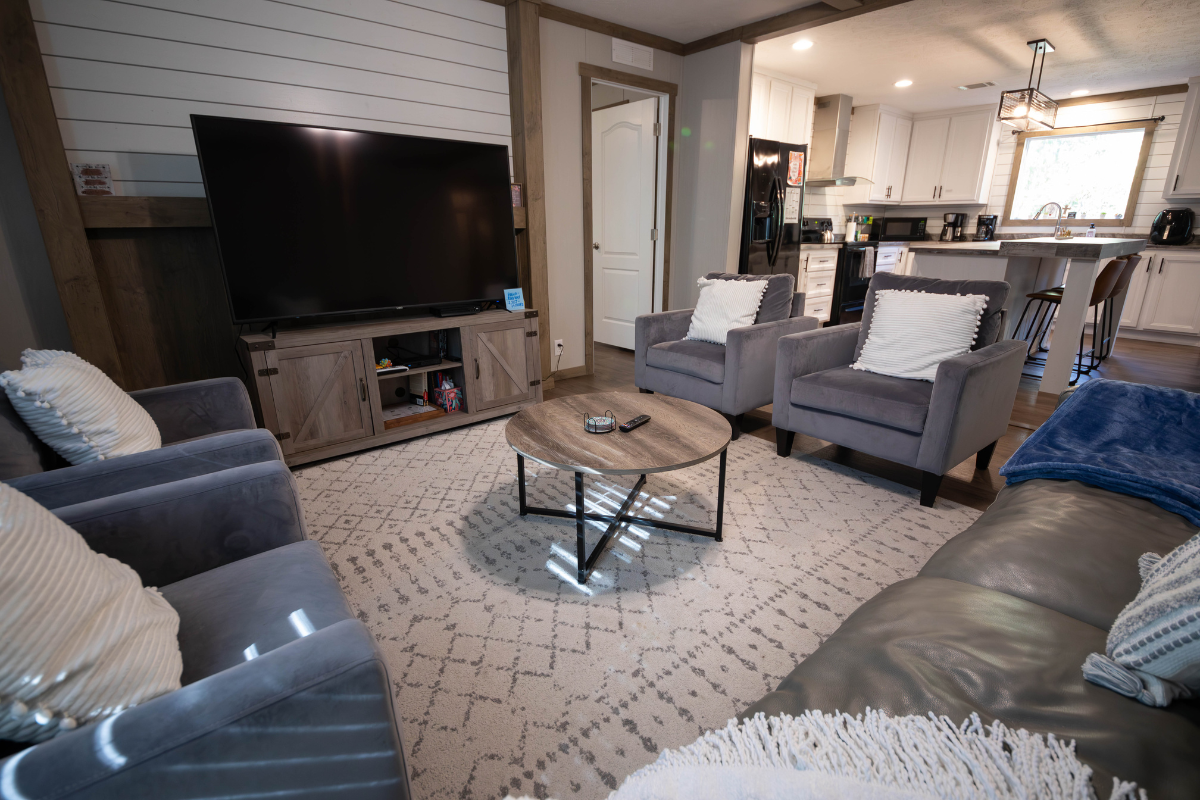Magnolia Creek
How We Treat
At Magnolia Creek, we combine evidence-based therapies with holistic and experiential treatments in a tranquil, non-hospital environment.
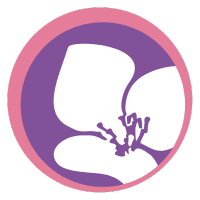
Eating disorder treatment is personal. With compassion and clinical expertise, we support lifelong recovery by treating the whole person — not just the eating disorder.

Recovery reimagined at Magnolia Creek.
We utilize evidence-based therapies — including acceptance and commitment therapy (ACT), cognitive behavioral therapy (CBT), dialectical behavior therapy (DBT), family therapy, and more — to support holistic healing. Our experienced, multidisciplinary team provides comprehensive care in a serene, home-like setting designed to promote trust, personal growth, and meaningful connection at every stage of the healing journey.

Our Treatment Methods
At Magnolia Creek, we provide personalized, evidence-based treatment for eating disorders and co-occurring conditions. Our expert team integrates proven therapeutic modalities with deep clinical insight to address the full scope of each individual’s needs — supporting healing in both mind and body.
ACT helps individuals accept, understand, and address their negative emotions instead of fighting them or avoiding them.
CBT is a form of talk therapy that focuses on identifying and changing negative thought patterns, beliefs, and emotional responses.
DBT is a skills-oriented form of therapy that helps individuals regulate their emotions, manage stress more effectively, cultivate mindfulness, and improve their relationships.
Experiential therapy uses hands-on or creative activities to help individuals express themselves. Art, physical movement, animal-assisted therapy, and wilderness therapy can be transformative for individuals who struggle to put their feelings into words.
ERP gradually exposes individuals to their anxiety triggers in a safe, supportive environment, to help them resist the urge to respond with obsessive thoughts or compulsive behaviors.
Family therapy helps the individual’s support system — whether that’s their family or their chosen loved ones — develop the knowledge, tools, and skills to navigate their loved one’s eating disorder and provide recovery support.
Eating disorders thrive in isolation, when individuals believe no one else can identify with them or understand them. Therapy groups help individuals connect with and learn from others who are facing similar challenges.
Mindfulness therapy helps individuals reconnect with their thoughts, emotions, and bodies, promoting greater awareness and a healthier relationship with themselves and their food.
Motivational interviewing helps individuals explore and resolve ambivalence, empowering them to find their own motivation for lasting change.
Nutrition therapy helps individuals establish a healthy relationship with food by providing education, meal planning, and personalized guidance from a registered dietitian.
Psychodynamic therapy helps clients explore how past experiences, unconscious beliefs, and relational patterns influence their current relationship with food and body image.
Step into healing at your own pace.
Magnolia Creek offers two distinct levels of care — residential treatment and partial hospitalization — with a focus on tailoring each client’s treatment plan to their unique diagnosis and recovery goals.

The Magnolia Creek Difference
We provide whole-person, evidence-based care that extends beyond symptom relief. Through culinary integration, co-occurring disorder treatment, and ongoing support, we help clients develop a strong foundation for lasting recovery at every stage of their journey.
What We Treat
Voices from Our Community
"The people here will always hold a special place in my heart. Because of Magnolia Creek, I have hope and excitement for life!"
Grateful Alum, Magnolia Creek
Renew your hope at Magnolia Creek.
Contact us today or complete our form to connect with an admissions specialist who will guide you to the right program. Healing is just a call away.
Your privacy is our priority. All communication is completely confidential.
































